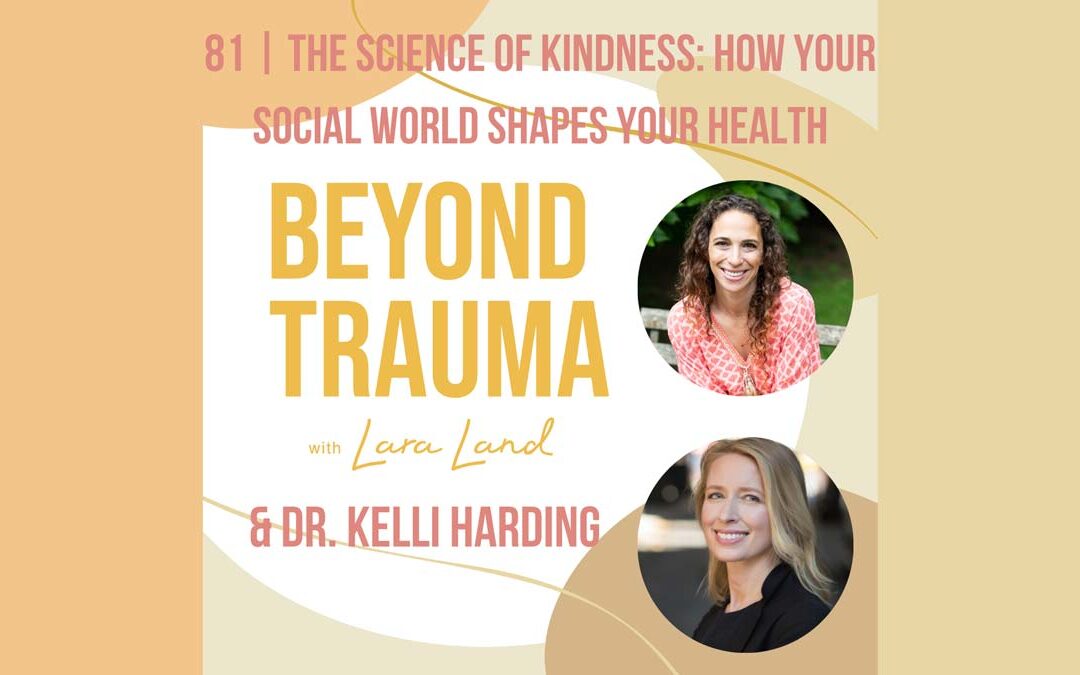
The Science of Kindness and Health
Harding’s research highlights several key areas where kindness and social connection measurably improve health outcomes:
- Lower risk of heart disease: Supportive relationships have been linked to reduced blood pressure and inflammation.
- Improved immune response: Acts of kindness and emotional warmth can actually boost immune function.
- Decreased chronic stress: Kindness mitigates the stress response, reducing cortisol levels and protecting against burnout and anxiety.
- Better outcomes in chronic illness: Patients with strong social bonds fare better with conditions like diabetes, cancer, and depression.
These findings are echoed in peer-reviewed studies on the social determinants of health, now recognized as central to public health frameworks worldwide. Read more in this National Institutes of Health overview.
🌍 Kindness Is Contagious—and Powerful
Harding’s work reminds us that healing doesn’t happen in a vacuum. Every interaction—with healthcare providers, loved ones, or strangers—has the potential to either harm or heal.
In healthcare settings, she advocates for policies that prioritize compassionate care, noting that patients treated with empathy have better adherence to treatment, fewer complications, and greater trust in medical institutions. And outside the clinic? Simple, everyday acts—smiling, listening, offering help—can ripple outward in powerful ways.
Want to integrate more kindness into your life? Explore this Greater Good Science Center resource on practical ways to live more compassionately.
🎙️ Listen to Dr. Kelli Harding on Beyond Trauma
We’re honored to welcome Dr. Harding to the Beyond Trauma podcast, where she shares:
- Her personal journey into this groundbreaking work
- The hidden ways trauma and isolation affect the body
- How kindness can be cultivated—even in a divided world
- What she believes is the future of healthcare
👉 Listen to the full episode here and discover why kindness isn’t just a virtue—it’s a prescription for better health

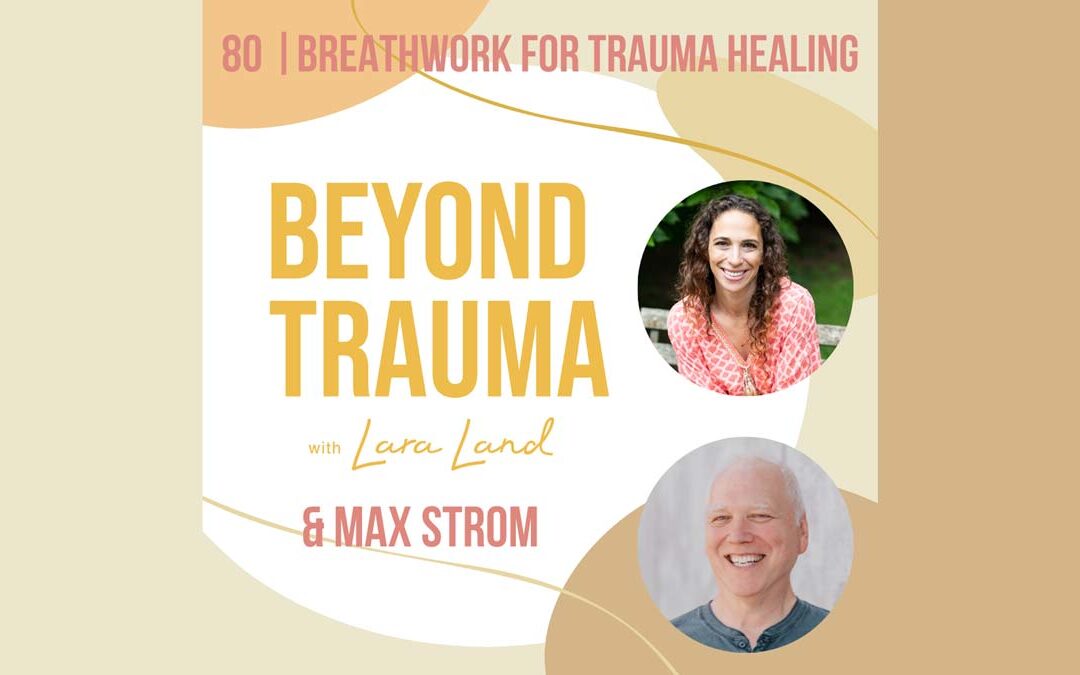
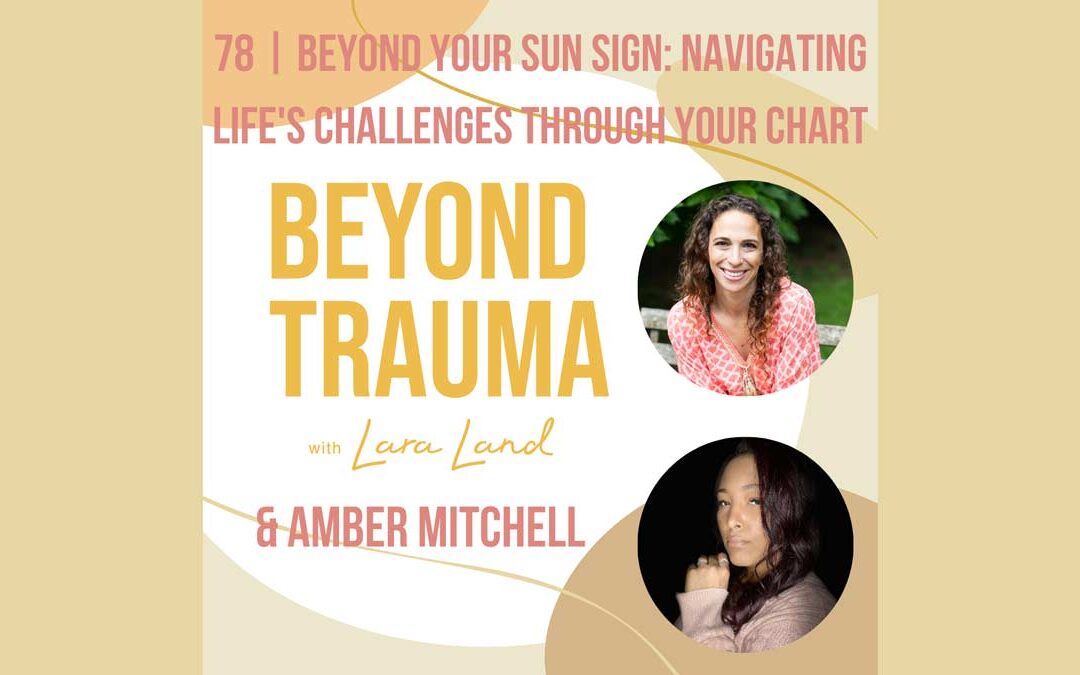
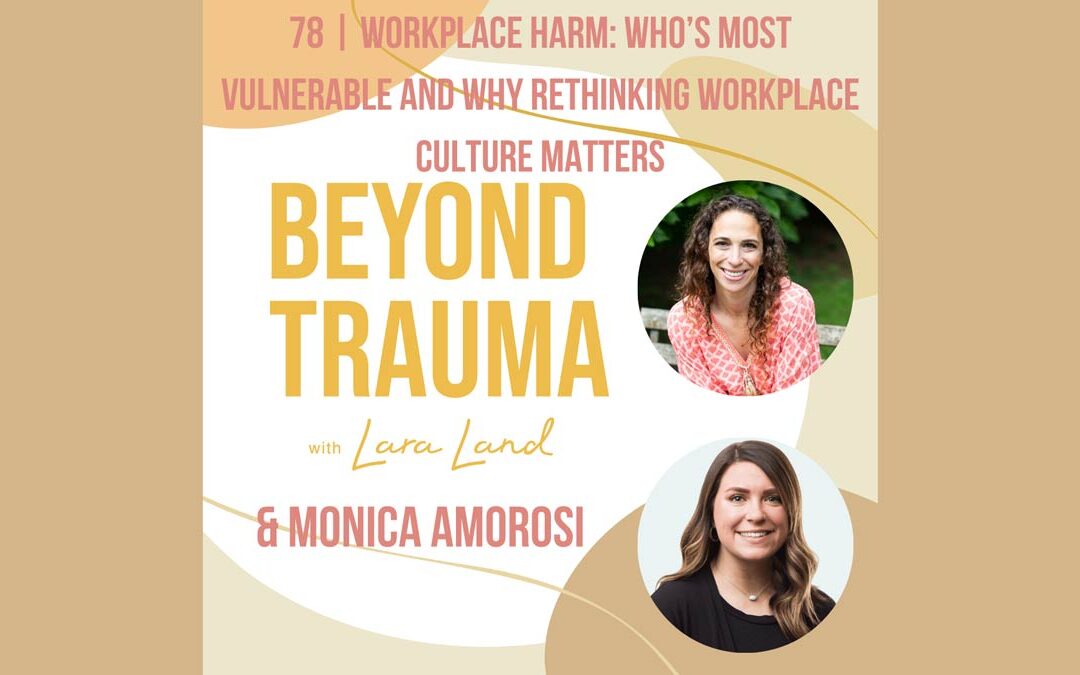
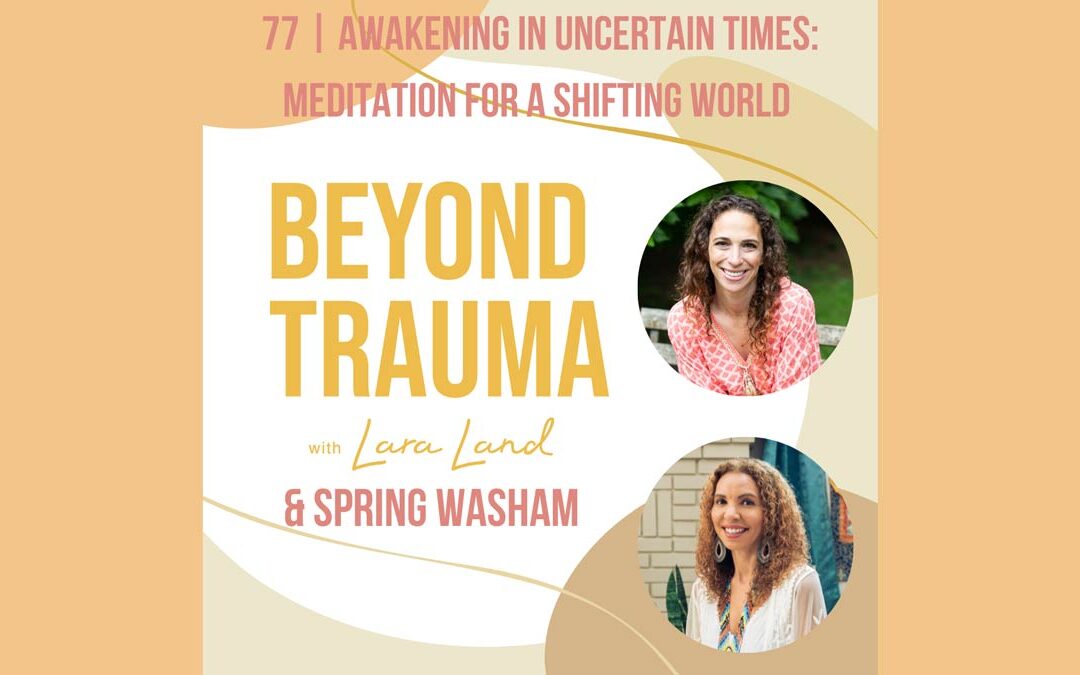
Recent Comments